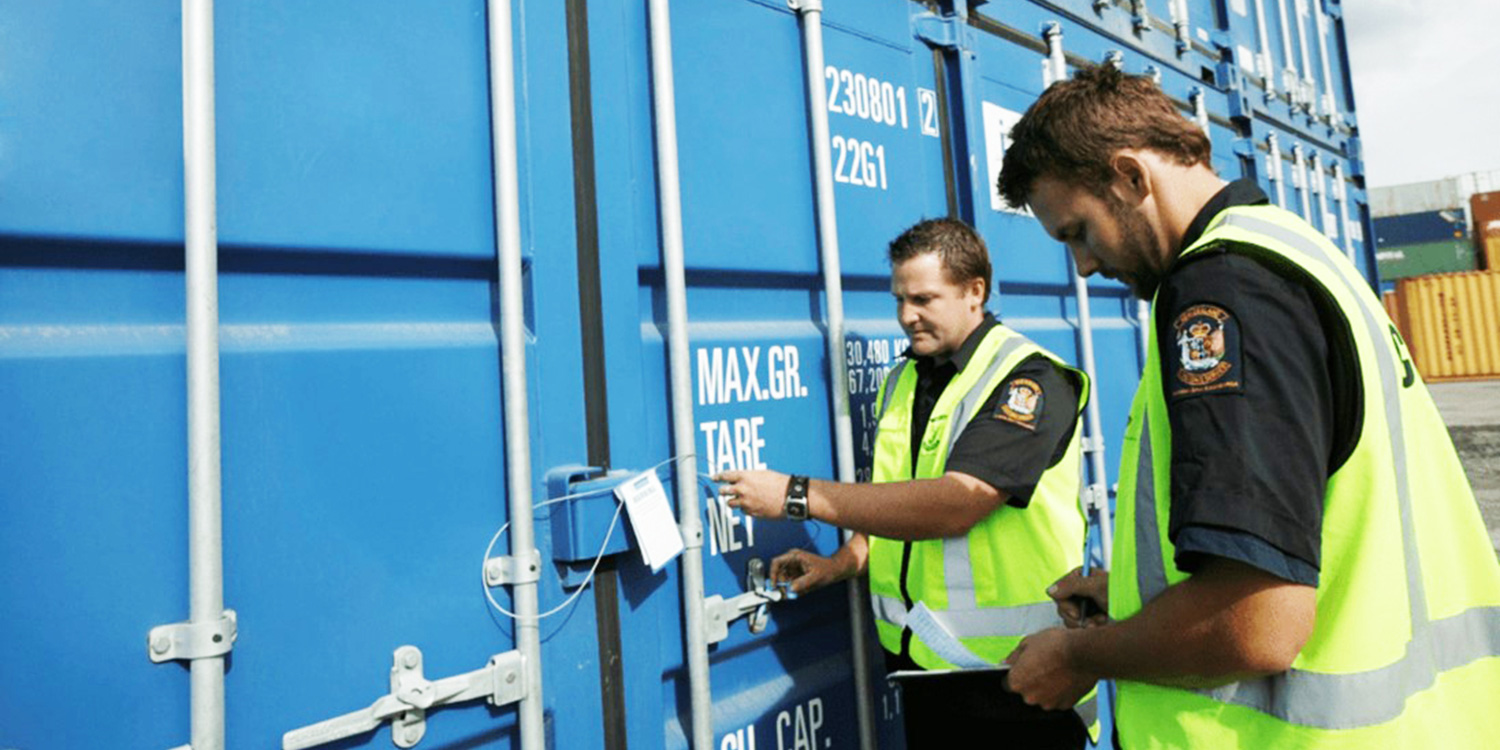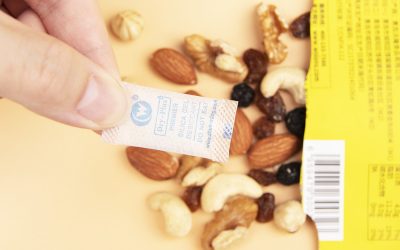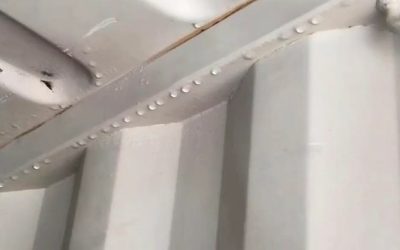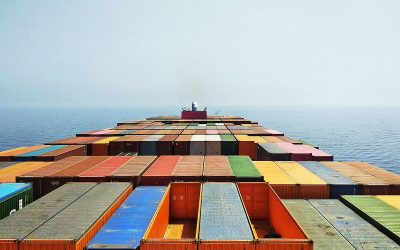Will container desiccants be inspected by customs? Are they considered illegal goods?
To answer this question, it’s important to consider two different scenarios. The first scenario is when container desiccants are used to protect goods from moisture damage. The second scenario is when container desiccants are exported as goods themselves.
When container desiccants are used to protect goods from moisture damage, their role is similar to that of packaging materials. They are typically used to protect goods from moisture and mold during transportation. As part of the packaging, they are usually considered a standard protective measure. In a routine customs inspection, they generally do not attract special attention and do not require specific reports or documents. As long as they are used legally and are not disguised or used to conceal other illegal items, they typically do not pose any issues.
However, when container desiccants are exported as a product, they are treated as independent chemical products and are subject to stricter regulatory oversight. In this case, suppliers usually need to provide a series of certification documents to ensure compliance with the destination country’s legal and environmental requirements. These documents may include the Material Safety Data Sheet (MSDS), compliance with RoHS and REACH regulations, and hazard assessment reports for air and marine transport. Additional certifications may also be required depending on the specific regulations of the destination country.







0 Comments